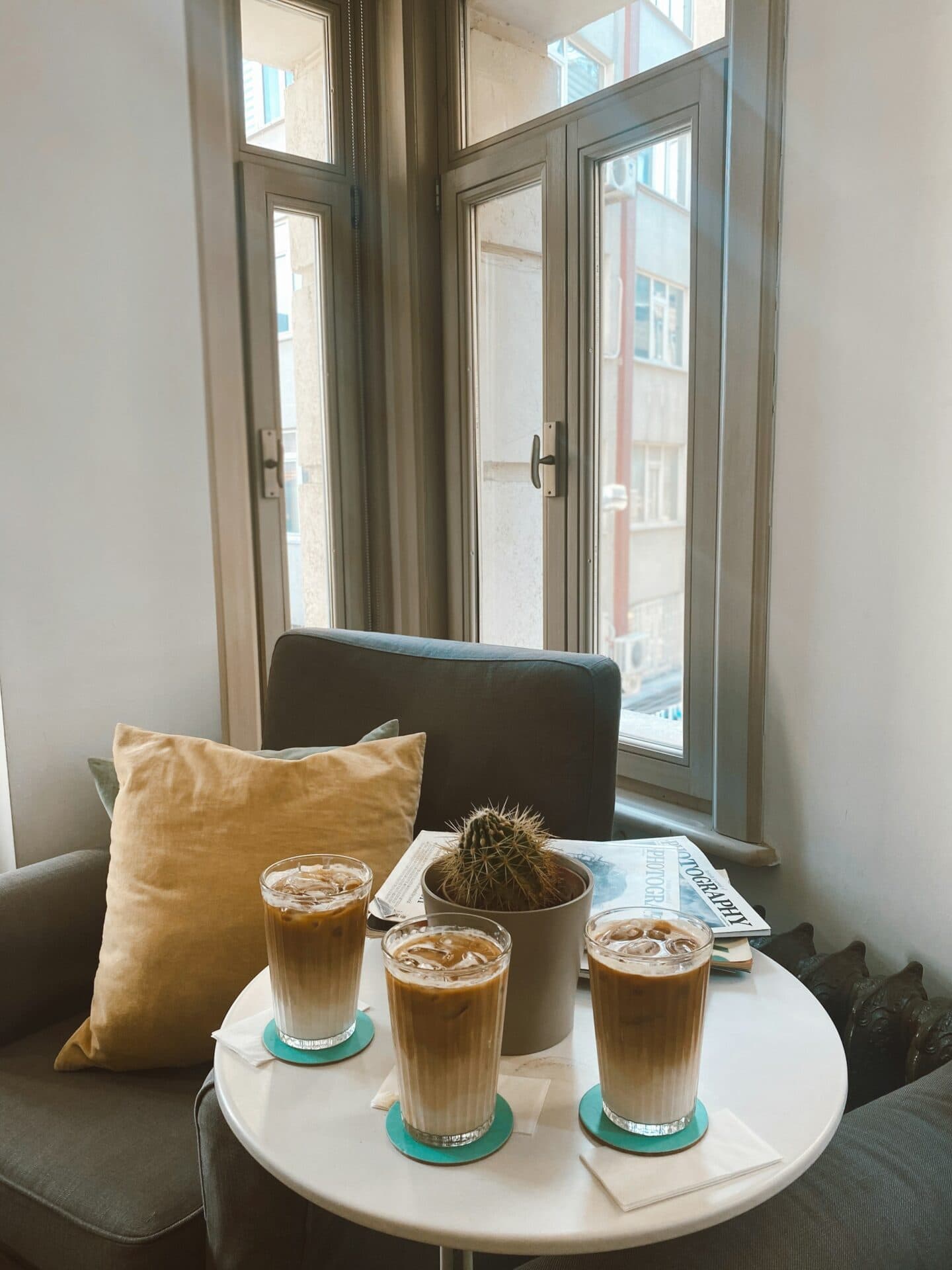Before the pandemic, Germany was famously allergic to electronic payments. People carried cash—not just coins, but thick leather wallets stuffed with banknotes. Cards were eyed with suspicion, and mobile payments felt like science fiction. But then COVID arrived, and with it came a wave of contactless urgency. Stores began accepting cards, phones, even watches. Cash, once king, began its slow dethroning.
And along with this shift came the self-checkout machine.
Many supermarkets now offer them, though most shoppers still prefer human cashiers. They’d rather queue in lines that snake through the store than approach the self-checkout kiosks. I, however, am the opposite. As a certified introvert, I relish the solitude of scanning items myself. No small talk. No waiting. No judgment. Just me, my groceries, and the gentle beep of a barcode scanner.
That is, until the milk scans twice. A slight twitch of the wrist, and suddenly I’ve been charged for two cartons of milk instead of one. And the worst part? Only staff can fix it. No cancel button, no undo. Just me, sheepishly hovering in front of a machine while the actual humans are busy manning the long line of regular registers. As an introvert, the idea of calling across a crowd for help feels almost as painful as losing money. But do I really want to pay double for a single carton of milk? If it were an expensive item, I’d probably muster the courage. But milk? One euro and change? I stand there, paralyzed by the smallest modern dilemma.
Some items at the self-checkout are easy: scan and bag. But loose produce is another story. You have to locate the correct item on a touchscreen menu, usually alphabetized in German. If you’re fluent, no problem. But for non-native speakers like me, the brain sometimes freezes. Just the other day, I was holding a peach and completely blanked on the German word for it. All I could think was “桃子”. I reached instinctively for my phone to check—only to remember it was charging at home. So I began scrolling through the picture catalog from A to Z, fruit by fruit, hoping for a miracle. Just as my fingers hovered near defeat, the word floated back into my brain: Pfirsich. Salvation!
For all its occasional hiccups, I find self-checkout soothing. It makes grocery shopping feel private, efficient, even meditative. But it seems the rest of Germany disagrees. Adoption remains low. And as for app-based grocery delivery—like China’s Hema or Meituan—such services are nearly nonexistent here.
There was one startup in Berlin with a clever twist: weekly meal kits delivered to your door, complete with recipe cards, ingredients, even spices. It launched back in 2011 but only gained traction during the pandemic. I subscribed for a few weeks—just long enough for the novelty to wear off. Yes, it saved time, but you still had to cook. And while healthy and convenient, it lacked the personal touch of selecting your own ingredients. Eventually the menus began to repeat, and the excitement fizzled. The company’s post-pandemic user base has shrunk dramatically, and its stock price is now down 90% from its 2021 peak.
It seems that in Germany, both inventing and accepting new habits takes time. Patience, in this country, is not just a virtue—it’s a cultural pace.













Responses (0)